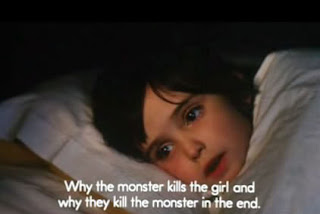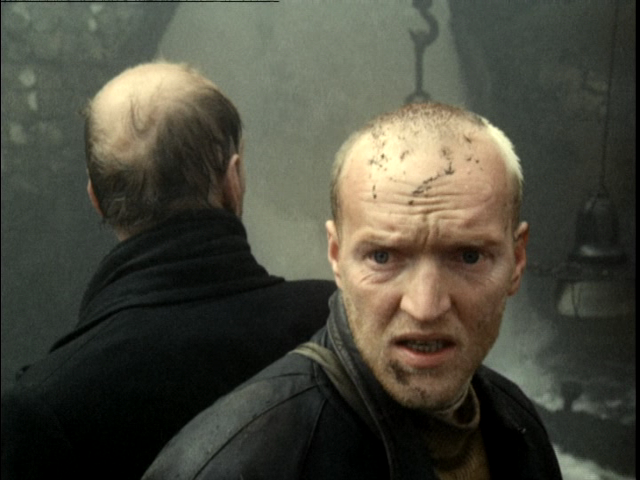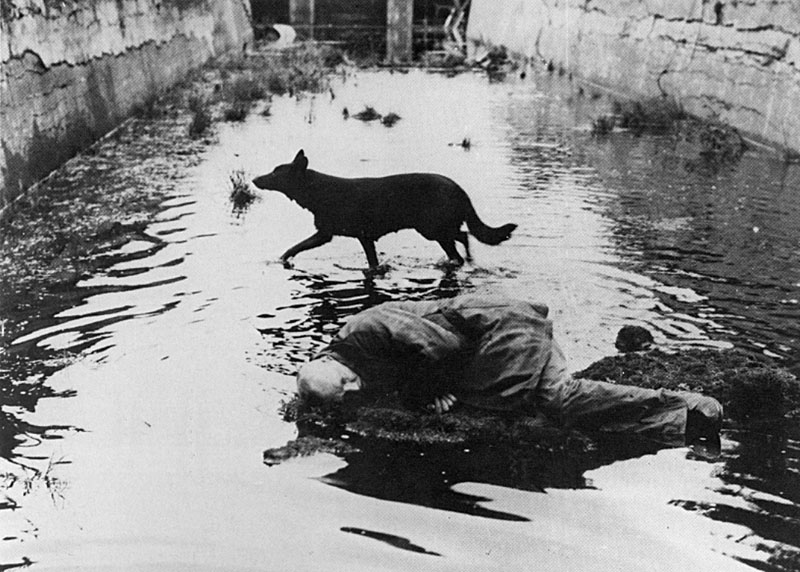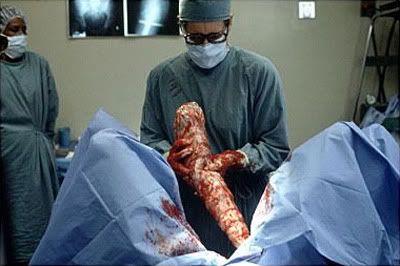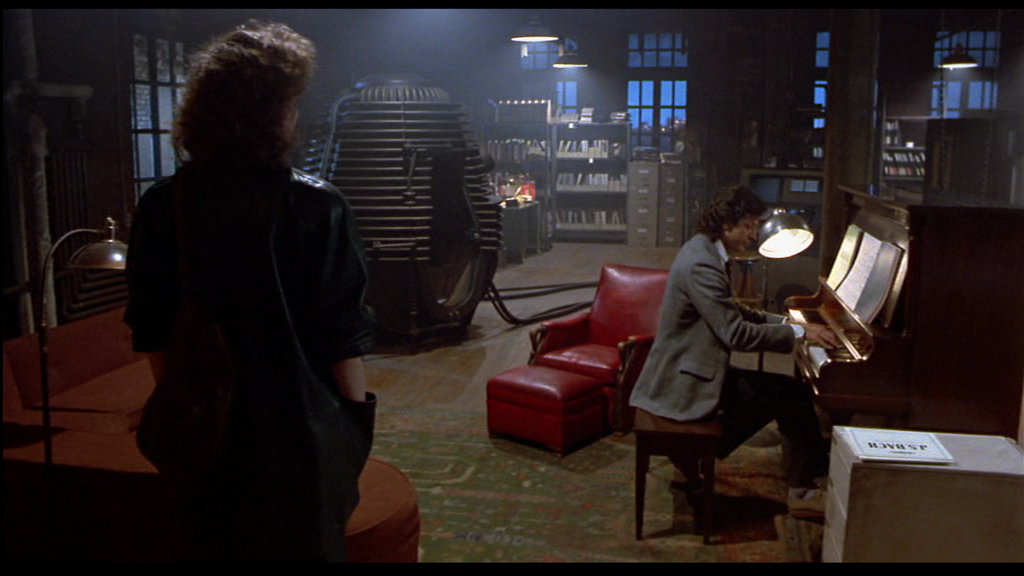There is more to Frankenstein than meets the eye.
Originally written as a philosophical horror
novel by Mary Shelley—a stunt to impress her friends—it has become a fable, a
warning. The novel spoke of what it
takes to be human, and how a thing created by humanity could or could not be
counted as human. The James Whale/Boris
Karloff film stated their theme right at the beginning of the film: There are
some pursuits that man should never explore, for they remain only in the hand
of God. In a sense, these represent the
two most popular themes in which the fiction enters into culture: The
recognition of sentience, even if made by human hands; and, the limitations of
science. This has clearly entered into
our current discussions on cloning, but also on artificial intelligence,
genetics and potential contact with extraterrestrial life. The ethics of these discussions can be linked
to the ethical discussions of either the novel or the film Frankenstein.
This influence is not strictly limited to the English
speaking lands, either. Mocked though it
is in some circles, Pokemon: The First Movie owes much to the novel
Frankenstein. MewTwo is a cloning
experiment gone array, with great
powers, but out of the control of his creator.
MewTwo determines to use his
powers to attack all humanity for their indifference and abuse of his species,
Pokemon. In the end (this is a spoiler,
in case you were dying to see this film), he realizes that humanity does have
compassion and love for Pokemon and calls off his attack. Like the monster in the novel, Frankenstein,
MewTwo is allowed long, rambling soliloquies.
It is frankly a better and more ethical film than most people give it a
chance to be.
The Spanish film, The Spirit of the Beehive, directed by
Victor Erice, wears its influence on its
sleeve. The movie opens with a scene
showing the town where the action takes place watching the Whale film
Frankenstein. Erice himself said that
the whole film is encapsulated in one scene from that original film, where the
monster is throwing flowers in the lake with a little girl. We can see this influence throughout the
film, as different characters are seen to be like the monster or similar to the
doctor of the Whale film. The monster
from the Whale film even makes an appearance near the end of Spirit.
But what Spirit of the Beehive is actually about is
difficult to determine. Clearly it is
rich with symbolism. Symbols of death
abound. Characters wander or pace
without much purpose. There is a rich
background, but no explanation given as to the import of the background. The movie focuses on the little girl, Ana—played
marvelously by Ana Torrent—but is the film about her, about her family or about
the town? Or is it about all of us?
A little bit of study (and watching a documentary on the
film supplied by Criterion Collection on their DVD package—thanks again,
Criterion!), gives us a better understanding of the film. I won’t give away any spoilers, here, but I
think there is some information that is helpful to understand. The Spirit of the Beehive was made in 1973,
near the end of Franco’s regime in Spain.
The film takes place in 1940, when Franco’s takeover just occurred. Ana’s family was involved with the leftists,
who opposed Franco. Ana assists a rebel
against Franco’s regime. The
listlessness of the parents are due to the fact that they have nothing to work
for, as they have no place in the new regime.
Thus, The Spirit of the Beehive is one of the great pieces
of art to come from protest of Franco’s actions. This list includes Hemingway novels, Dali
paintings, and, in this millennium, films by Del Toro. Erice remains symbolic and indirect because
he is making this film under Franco’s rule, in Spain. Like the Russian filmmaker, Andrei Tarkovsky
, the censorship he must work under causes him to create works of art that are
brilliant and intellectually statisfying the more one watches them. However, unlike Tarkovsky , Erice has created a work of such deep
humanity and joy alongside the hidden meanings and despair, that it is a
pleasure to watch. While Tarkovsky is
often a towering intellect, The Spirit of the Beehive is not only
intellectually satisfying, but is also wonderful film about childhood and the
joys and confusion that we all have when children. It communicates the isolation we can often
feel from those we should be closest to. It connects to all of us.
Finally, what does the Spanish Civil War have to do with
Frankenstein? How could Erice and Angel
Santos—the writers of the film—have conceived such a connection? It is found in the answer to Ana’s question
after watching the film Frankenstein: “Why did the monster kill the girl? Why did they kill him?” The answer is given in the film: When you are
separated from your humanity, then the most inhuman acts are accepted. The Spirit of the Beehive is filled with people
who see themselves as separated from humanity as the monster was in the
film. And there have been many regimes
that have caused such destruction of people’s souls, thus resulting in the
destruction of many bodies. This film is
a protest, not just against Franco, but against any government that limits the
humanity of its own citizens.






